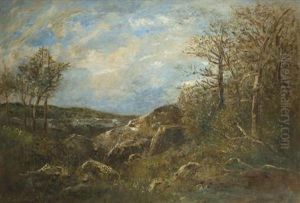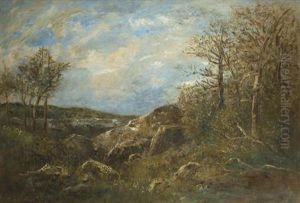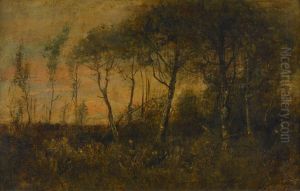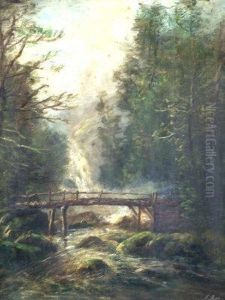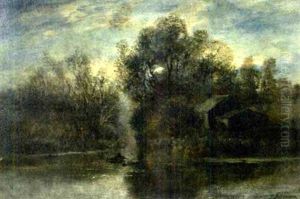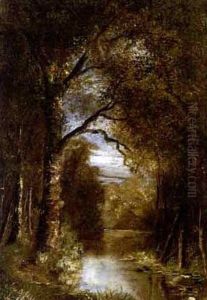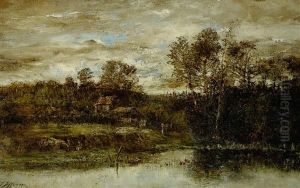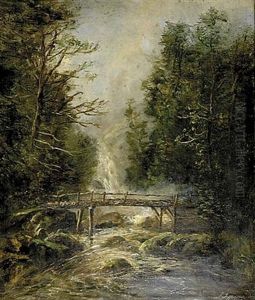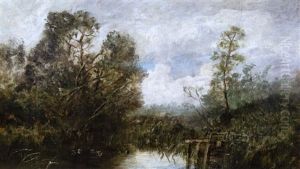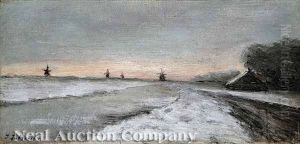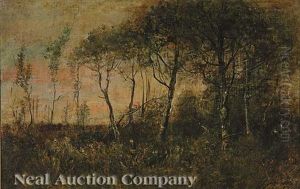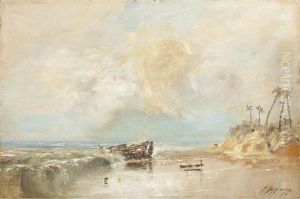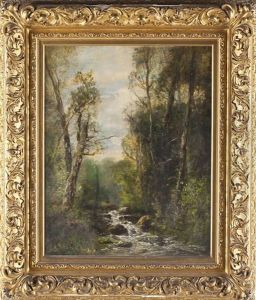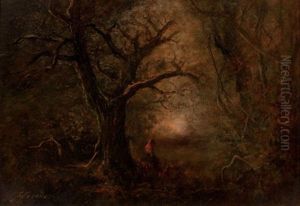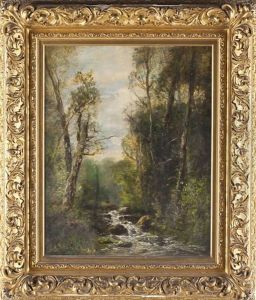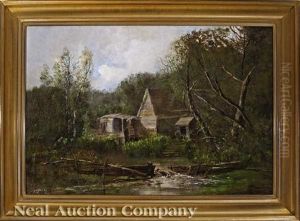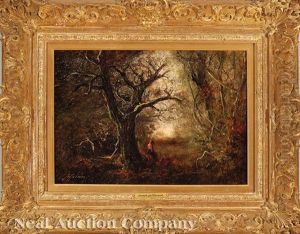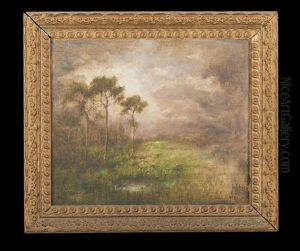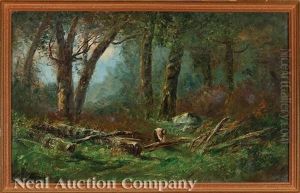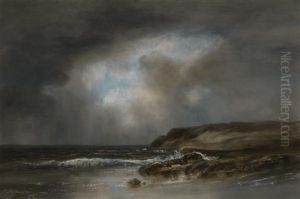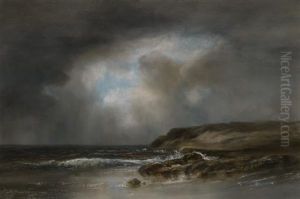Joseph Jefferson Paintings
Joseph Jefferson, born on February 20, 1829, in Philadelphia, Pennsylvania, was an esteemed American actor who became one of the most famous performers of the 19th century. Jefferson came from a family with a rich theatrical background, which influenced his early and lifelong passion for the stage. His theatrical lineage included actors and managers, giving him a robust environment to develop his skills.
Jefferson made his stage debut as a child actor in 1833. However, his most iconic role was that of Washington Irving's character Rip Van Winkle, which he first performed in 1859. Jefferson's portrayal of Rip Van Winkle became a defining part of his career, and he continued to refine and perform this role for over 40 years. His interpretation was so beloved that he became synonymous with the character, touring across the United States and abroad. Jefferson's performance was noted for its pathos, humor, and naturalism, setting a standard for character acting during his time.
Beyond acting, Joseph Jefferson was also involved in playwriting and painting. He was a respected landscape painter, and his artistic works were exhibited at various galleries. His contributions to the theater went beyond performance; he had a hand in theater management and was influential in the development of a more natural style of acting, as opposed to the bombastic and declamatory style that was prevalent during the early 19th century.
Jefferson was also a founding member of The Players, a New York City-based club for actors and others associated with the arts, which was established by the noted Shakespearean actor Edwin Booth in 1888. He served as the president of the club after Booth's death.
His legacy is not only that of a performer but also as a bridge between the older, melodramatic style of acting and the newer, more naturalistic approach. Jefferson's influence was felt by actors and audiences alike, and he was highly regarded by his peers for his contributions to the art of acting.
Joseph Jefferson passed away on April 23, 1905, in Palm Beach, Florida. His death marked the end of an era in American theater, but his impact on the craft of acting and the cultural landscape of the United States would resonate for years to come. Jefferson's life and work were celebrated, and he is remembered as a giant of the American stage.
